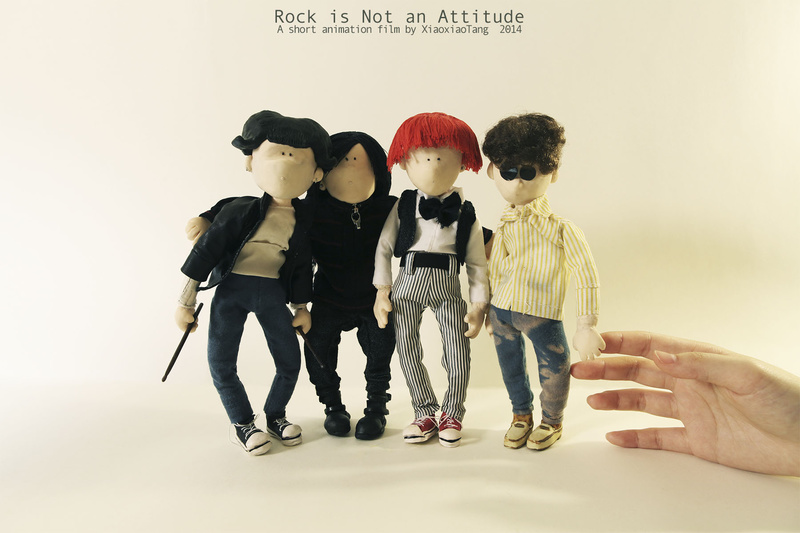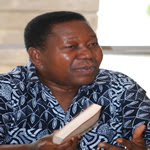ROFFEKE: Bad Syne begins with the graffiti artist saying: “if there are more public places specifically allotted to the public creativity and the public's idea of whatever they want to do with art...in Europe, it’s a lot easier, just walk up to a wall and write on it, no problem, it’s legal.” There is always a tension between freedom of expression and those who want to regulate art. What are your thoughts about this?
DR. LISA SPENCER: The regulation of art is dangerous. In history, we see artists being persecuted because they often were brave enough to express commentary on social and political mores and structures. One of the purposes of art is to make change in thought and in the action of art, the world continues to open up, change, and heal. The freedom of expression should only be regulated by consideration for others in terms of, for example: racism, sexism, exploitation, etc.
Governments, especially here in the U.S., have banned forms of religion, language, and art, dance and song, punishable by death. Art’s significance is vast, but its freedom plays a role in human freedom and human rights.
ROFFEKE: Speaking of regulation, what are your thoughts on artificial intelligence? If you had to re-do or update your dissertation: “The Journey, an Internship in Urban Activism, Music Videos: Zombie and Bad Syne, and a Study of Afro-Panamanian Identity & the Reggaetón Music Movement” how would you use various artificial intelligence tools to assist you?
LISA: I have never used artificial intelligence and in terms of my research, it would be irrelevant because the struggles of the Afro-Panamanian workers and their stories are organic and AI would only dilute their texture and impact.
ROFFEKE: As part of your dissertation, you interviewed Michael Ellis in 2014 who said: “But while we are here, we are here to serve. I try to keep it humble and simple. I am coming forward with the story of reggaetón now because you need this story…When I go, I want to leave you with something. I didn’t want to write a book, but with you writing this dissertation, you are uncovering the truth and piecing together the story. We are being blessed, we must be ready. When you are done, we will take it to the next level from the University to the people. We are going to tell the truth and let the history tell the truth. This music is a movement. It was a birth.” Please share with us your thoughts and feelings about these powerful words that were spoken ten years ago.
LISA: Thank you for mentioning Michael Ellis. Michael was a best friend, but also a lighthouse. Though we were so different in many ways and often held opposing perspectives, we had a deep bond and friendship. I met him while in Ecuador and I had befriended the homeless youth population and had his client meet them. I remember the first thing he said to me, “I would burn my heart in fire to have a heart like yours.” No one understood our friendship; it was beyond race, religion, nationality, gender, age, and social more. We were family; I miss him every day. I still am inspired by his love and belief in me and am working on re-releasing, The Journey... for the people and traveling to Panama.
ROFFEKE: There is a lot of uncertainty in the world today. How do you take care of your mental health in light of all that’s going on?
LISA: On a social level, I continue to teach the youth, feed the people, change laws, make music and film, and serve. On a person level, I try to eat well, drink enough water, sleep, swim, hike, dance, spend time in nature and with loved ones, find creative outlets, garden, all in a mindful prayerful manner.
ROFFEKE: Your advice to musicians, writers, filmmakers and creatives in general?
LISA: Find your people. Don’t focus too much on the naysayers. I am a woman. I’ve always been a second-class citizen, especially in music and film. You just express yourself authentically and the right people, opportunities, and unions will occur organically. It’s nature.
Saturday, January 6, 2024
Interview: Dr. Lisa Spencer aka llysa - writer of Bad Syne
Labels:
Interview,
ROFFEKE OFFICIAL SELECTION
Subscribe to:
Comments (Atom)



























































































































































































